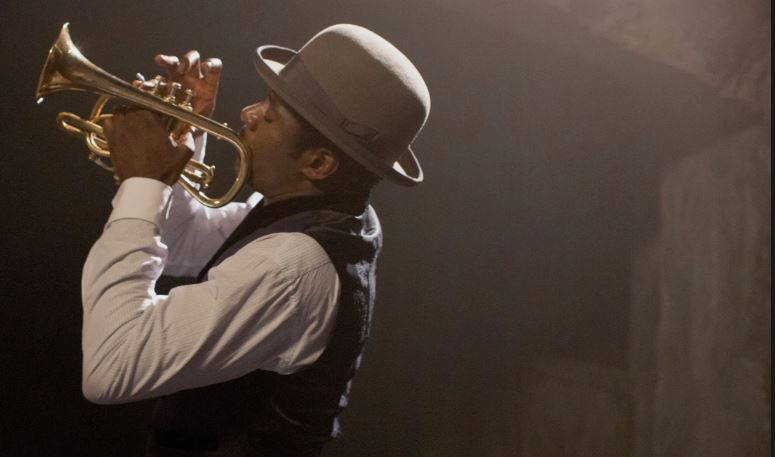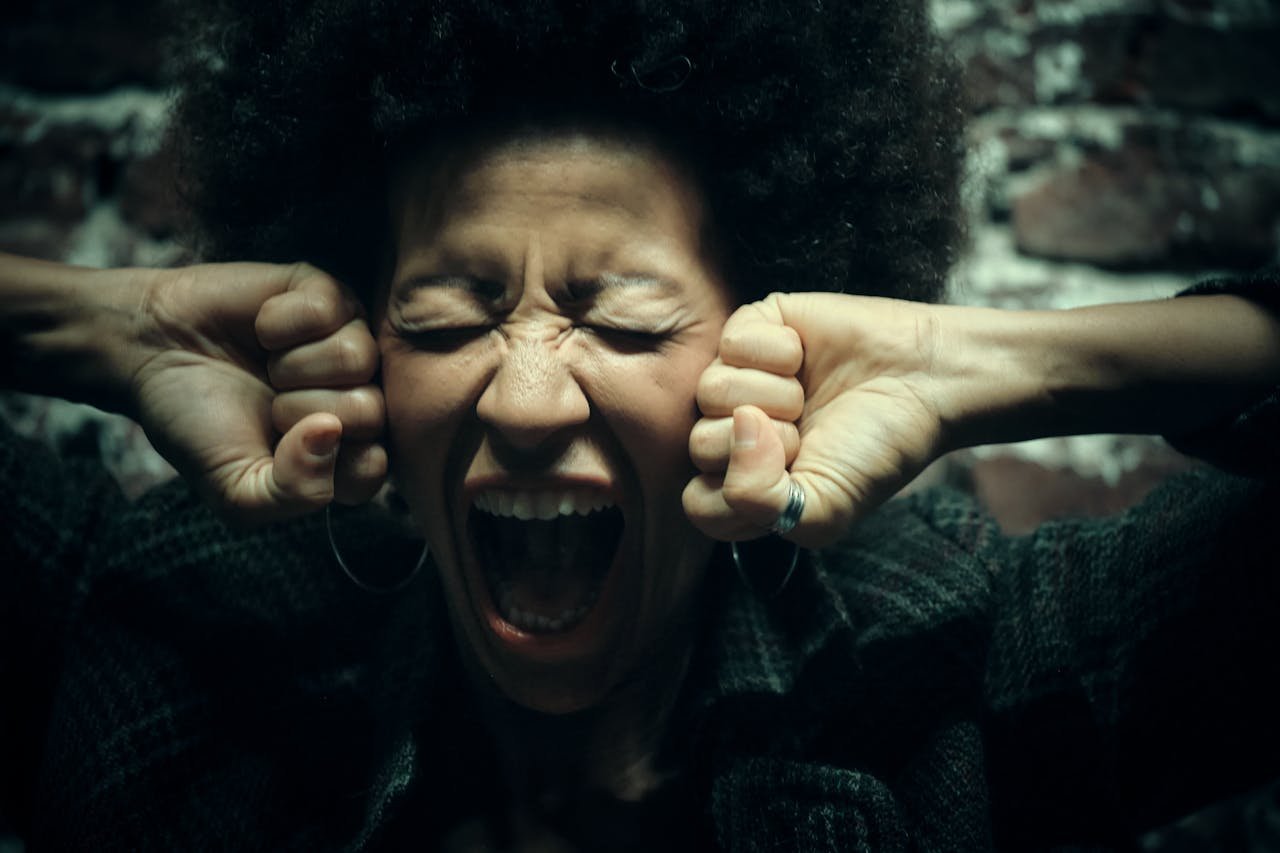Pritzker and Marsalis collaborated nine years ago on the director’s first film, “Louis,” a silent, black-and-white riff on Louis Armstrong’s childhood, and “Bolden” is a natural extension of that project. Opening in 1931 with Armstrong performing live for a radio broadcast, the film makes the case for Bolden as an important predecessor to Armstrong and other better-known jazz greats, a missing link whose legacy is more like legend, without a single piece of recorded music as evidence of his accomplishments. For Pritzker, a songwriter and musician, Bolden’s undocumented life is a particularly American tragedy, standing in for many black men and women swallowed whole by bigotry and exploitation. But the challenge of making Bolden’s story both representative and specific is a puzzle the director struggles to solve
He gets some able assistance from superb character actor Gary Carr, whose Bolden has some of the swagger of Carr’s smooth-talking yet volatile pimp from the HBO show “The Deuce” — at least in Bolden’s best days. Pritzker starts the film with its central figure in the Louisiana asylum where he lived out the last half of his adult life, then flashes back to New Orleans in the early 1900s, when Bolden was a cornet player with a reputation for improvisation (or, as the character puts it, making “church music better”). His sound has a Pied Piper effect on those who encounter it, especially amorous young men and women who clearly feel that the music is channeling feelings that couldn’t be expressed in polite company. But there’s also showmanship involved. In one of the film’s best scenes, Bolden’s duplicitous new manager Bartley (Eric LaRay Harvey) sends him parachuting out of a hot-air balloon with cornet in hand as part of a stunt to attract the well-heeled revelers below. He succeeds brilliantly.
From there, Bolden assembles a band that tears up music halls even as he pursues a romantic relationship with a good-girl type (Yaya DaCosta) in defiance of her pious mother. But it isn’t long before the jazzman falls prey to all the demons that tend to pop up in portraits of musicians like this one: He becomes a heavy drinker, drug user and womanizer, and he’s victimized by those in the business — notably his manager and a Mephistophelian operator played by Ian McShane (the actor’s preparation suggests a close study of Robert De Niro’s Louis Cyphre in “Angel Heart.”) As personal mistakes and hard luck torpedo his career in New Orleans, Bolden is shuttled off to the insane asylum where he’ll live out the rest of his days.
Pritzker and Rothschild’s script feels like such a composite of jazz biopics that its only in the performance sequences, parceled out stingily amid the misery, in which “Bolden” really comes alive. The re-creation of Armstrong’s radio appearance is an electrifying mix of music and storytelling, and a scene where Bolden leads his band through an original number, instrument by instrument, captures the thrilling act of creation. But the film generalizes the story to the point of erasing the man at its center — borrowing from so many places that it ultimately amalgamates its forgotten master out of existence.
Film Review: ‘Bolden’
- Director:
- Dan Pritzker
- With:
- Gary Carr, Erik LaRay Harvey, Yaya DaCosta, Reno Wilson, Karimah Westbrook, JoNell Kennedy, Robert Ri’chard, Serena Reeder, Michael Rooker, Ian McShane.
- Release Date:
- May 4, 2019
Rated R 1 hour 42 minutes
Official Site: https://boldenmovie.com/
Reviewed at Lake Street Screening Room, Chicago, May 1, 2019. MPAA Rating: R. Running time: 102 MIN.
Production: An Abramorama release of a King Bolden LLC production. Producers: Jon Cornick, Dan Pritzker, Michele Tayler. Executive producers: Ed Arrendell, Leonard Loventhal, Wynton Marsalis.
Crew: Director: Dan Pritzker. Screenplay: Pritzker, David N. Rothschild. Camera (color, widescreen): Neal Norton. Editor: Thomas J. Nordberg. Music: Wynton Marsalis, Mark Isham, Scott Steiner.
With: Gary Carr, Erik LaRay Harvey, Yaya DaCosta, Reno Wilson, Karimah Westbrook, JoNell Kennedy, Robert Ri’chard, Serena Reeder, Michael Rooker, Ian McShane.













